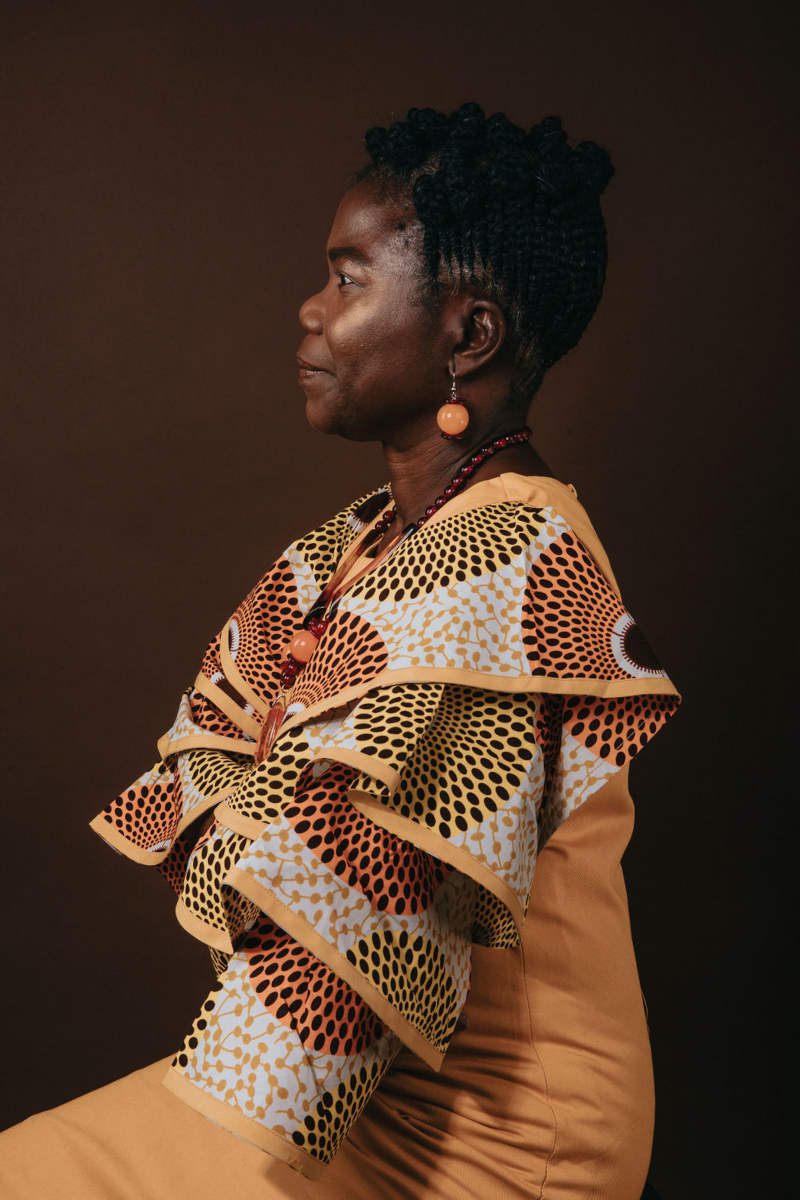ABOUT
Pan African Collaboration for Excellence (PACE) is a University of Alberta-based interdisciplinary, international initiative between scholars, policymakers, service providers and communities that seeks to build capacity for research and scholarly output, graduate training and community engagement related to Africans globally.
PACE focuses on research collaborations that engage the diversity of histories, cultures and conditions of life Africans embody, the dimensions of social inequality largely rooted in cultural formations, colonization and capitalist expansion, including their experiences of migration and displacement within and outside the continent.
PACE also invites comparative research that could be mutually beneficial to Africans and other populations. Drawing from the collective expertise of a rapidly growing network of partners, PACE seeks to generate significant capacity for broader collaboration among partners in academia, public agencies, civil society and community to achieve the above objectives.
Most importantly, PACE exemplifies the University of Alberta’s commitment “…to create reciprocal, mutually beneficial learning experiences, research projects and partnerships…where we can have the greatest impact.”
Why PACE?
As a strategic initiative, PACE responds to current global and national priorities in many ways, particularly, the dearth of literature that could inform policy and service provision for African populations across the world. Many national and global research initiatives that engage pressing social problems increasingly pay particular attention to Africa’s indices of well-being that fall well below that of other continents. There is also a growing interest in improving the quality of graduate training in Africa’s institutions of higher education, a trend that could expand opportunities for international, interdisciplinary collaborations.

Dr. Philomina Okeke-Ihejirika dressed in traditional Nigerian outfit from Resilience of Culture in a New Homeland exhibition.
